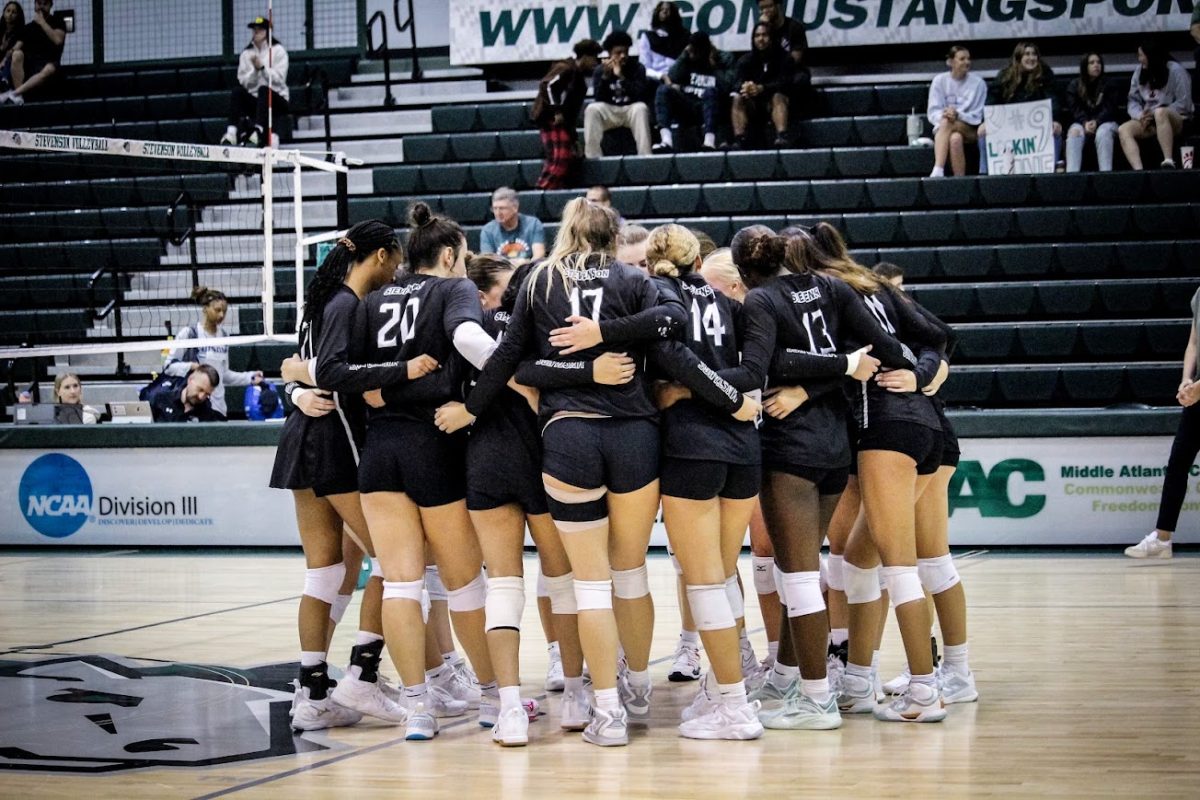Living in the real world can seem lackluster in comparison to the virtual reality of gaming.
 The video game industry is booming and there is no sign of decline in the near future. According to the Entertainment Software Association (ESA), the “US video game industry generated a record $36 billion in revenue in 2017, up 18 percent from 2016.”
The video game industry is booming and there is no sign of decline in the near future. According to the Entertainment Software Association (ESA), the “US video game industry generated a record $36 billion in revenue in 2017, up 18 percent from 2016.”
Game developers are generating worlds and brand new environments that appeal to all walks of life. People are looking for an escape from their everyday realities and finding virtual settings as the perfect vacation destinations.
The most recent craze in the industry is “Fortnite.” This game is developed by Epic Games, which seems to be their biggest hit to date. Oddly enough, “Fortnite” was underwhelming when it first released as a co-op zombie survival game.
On a whim, the developers unveiled the free Battle Royale mode and it became massive. First and foremost, this is a third-person shooter game, but the unique twist is the ability to build.
There are games on the market that are very similar, but for some reason this is the one that stuck. Players have the ability to buy character skins and emotes that allow themselves to be creative and expressive.
The ESA states that 65 percent of households in the United States have at least one person who plays three or more hours of video games a week, and that an average of 1.7 gamers lives in each game-playing household.
I would argue that those numbers seem incredibly low. The majority of gamers that I personally know play more than eight hours a week, myself included.
My gaming addiction started as a small child. I would stay up all night with my older sister playing “WWE: Day of Reckoning” and “Super Smash Bros. Melee” on the GameCube in secret. Nowadays, I spend my time putting countless hours into “Overwatch” and many of the “Tomb Raider” titles.
All of this raises the question of whether or not we’re spending too much time in virtual reality instead of actual reality. There truly is no serious answer that doesn’t contain personal bias. My interpretation is that we already spend immeasurable hours being a slave to the workforce, which rarely results in happiness.
The entire human experience focuses on searching for more than what we are given. Video games facilitate that exploration. Travel and good company could yield the same results, but to each his own.































































